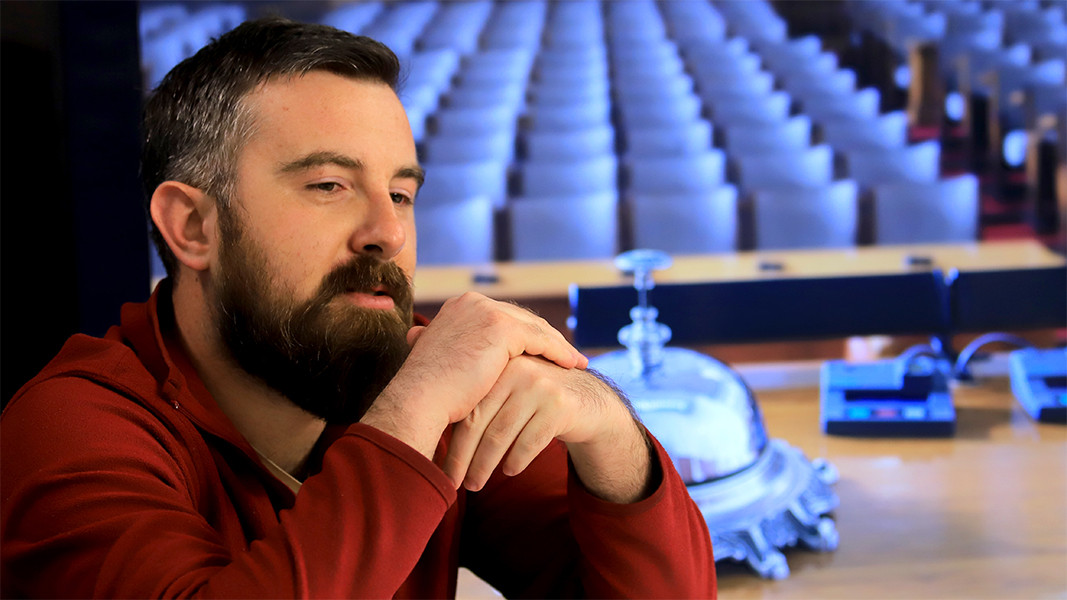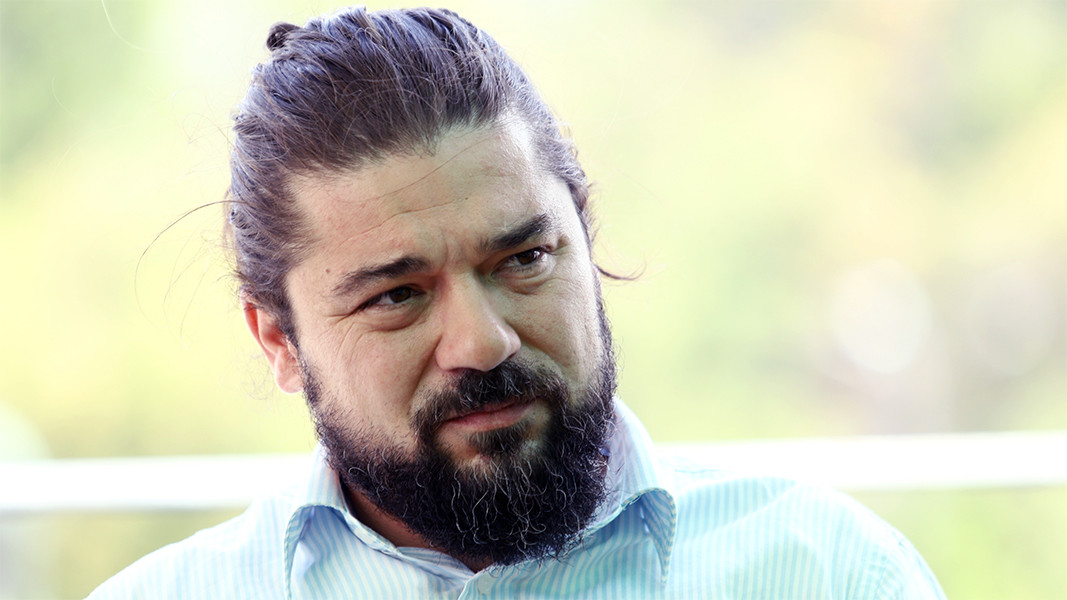One of the things Rumen Radev will be remembered for during his two terms of office as president is that he has appointed the highest number of caretaker cabinets. At this point, the current 100th government in Bulgaria’s political history is the fourth cabinet appointed by him, and only time will tell how many more there might be.
Alongside its constitutional obligation to organize the holding of fair and transparent elections, the caretaker cabinet has the right to make decisions on current issues which do not require approval by the National Assembly. However, being called upon to guarantee stability, the caretaker government must not stoke civic discontent, even if provoked by another’s error. Yet, what it did on the fourth day of its existence was to provoke a significant portion of the public, as it declared the situation with the gas deliveries to the country was critical:
“The problem with the gas deliveries was more a problem of communication than anything else. Some of the ministers in the caretaker cabinet are very much pro-European – like Atanas Pekanov. That is why I think a swerve to the East is impossible, because politicians are not inclined towards such a cardinal change,” political analyst Ivaylo Dinev says in an interview with the BNR’s Horizont channel.

There is no doubt, however, that misjudged steps and statements provide grist to the mill of critics who say caretaker governments should not exist at all. According to political scientist Hristo Panchugov, the need to have caretaker governments arose at the beginning of democracy in Bulgaria so as to restrict the political influence of the communist party as the country emerged from the communist regime. But now:

“One of the tasks of the next parliament, however long it may last, is to make the decision to scrap caretaker governments as a form of governance in Bulgarian politics. When we have regular, not early elections, then no caretaker governments are appointed, i.e. the state is quite capable of functioning over a period of several months without there being any need for the public administration to have its hand held.”
Some of the caretaker cabinets have a chance of lasting longer than a regular government. They have gradually grown to be an integral part of Bulgaria’s political process, and that is due to a string of domestic political problems within the parties themselves, says political analyst Strahil Deliyiski:

“A great many of the political parties imagine the meaning of their existence is in how they are positioned compared to the rest, in their eagerness to get into arguments, and not in at least trying to express the interests of a given social group. And all this is taking place against the backdrop of dwindling trust in all political entities and a growing unwillingness to take part in the election process,” Strahil Deliyiski explains.
But there is one more reason why the growing number of non-voters should not be a surprise to any of us. The key words in the programmes of all political parties are: business, market, corruption. There does not exist a single political force that advocates for the interests of the most vulnerable people, a force that can be defined as left-wing, says Strahil Deliyiski:
“A large part of the population is poor, what they need is someone to redistribute the resource, someone who can offer a more meaningful, a European kind of tax system, more accessible public goods, not public goods they have to pay for. There are no such things in the programmes of any of the political parties, so it is only natural for these voters to stay home.”
That is why We Continue the Change is likely to lose votes at the election in October because they do not have an electorate of their own, Strahil Deliyiski says and concludes: “I do not think that an alliance with Democratic Bulgaria will bring in more votes.”
Interviews by Horizont channel and BNR-Plovdiv
Editing by Yoan Kolev
Photos: BGNESTürkiye commemorates the victims of the devastating earthquakes of 2023 Türkiye honored the memory of the victims of the earthquakes of February 6, 2023, when 7.7-magnitude tremors in southeastern Turkey levelled entire..
In mid-January this year, eight Bulgarian cultural and educational associations from Bosilegrad, Tsaribrod, Zvontsi, Vranje, Pirot and Niš sent an open letter to the President of Serbia, Aleksandar Vucic, the Ombudsman, Zoran Pasalic, the Delegation of..
Fire kills dozens in Turkish mountain resort Kartalkaya 78 people died in a hotel fire in the Turkish ski resort of Kartalkaya in north-western Turkey. Celebrities and entire families were among the dead, and dozens..
In mid-January this year, eight Bulgarian cultural and educational associations from Bosilegrad, Tsaribrod, Zvontsi, Vranje, Pirot and Niš sent an open..
Türkiye commemorates the victims of the devastating earthquakes of 2023 Türkiye honored the memory of the victims of the..

+359 2 9336 661
